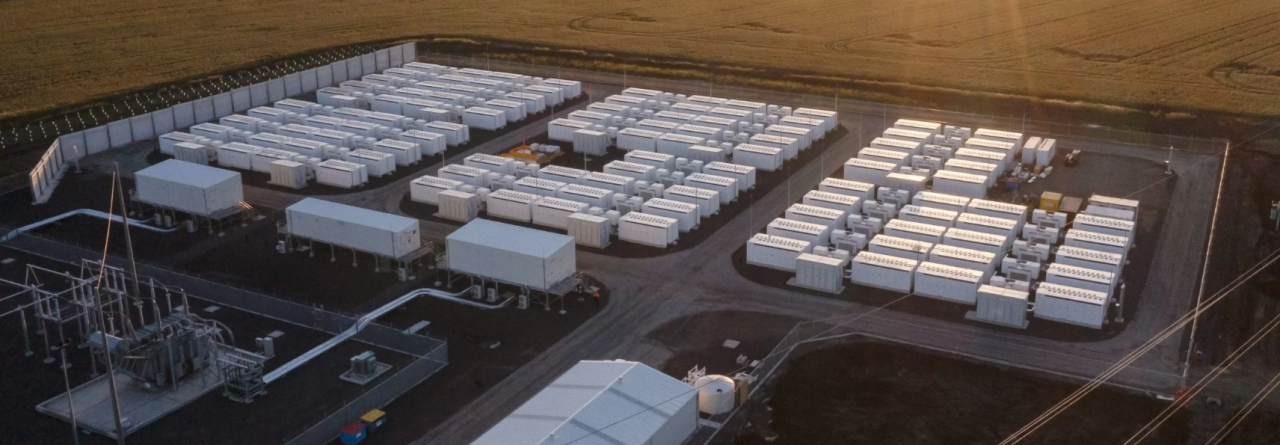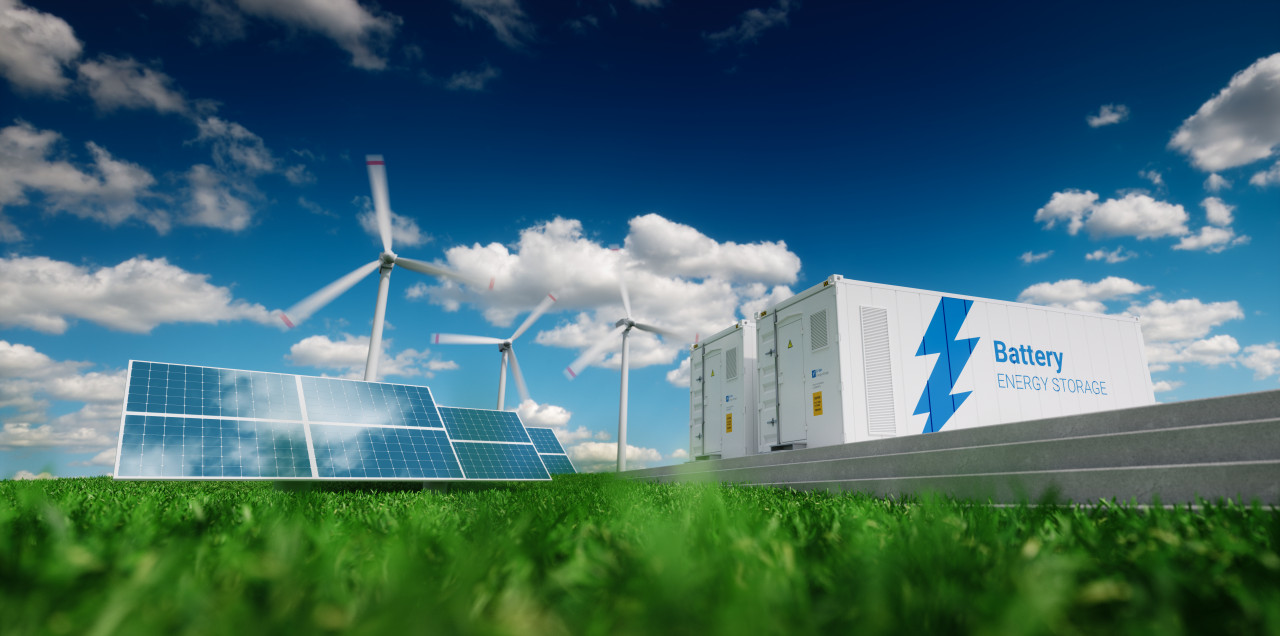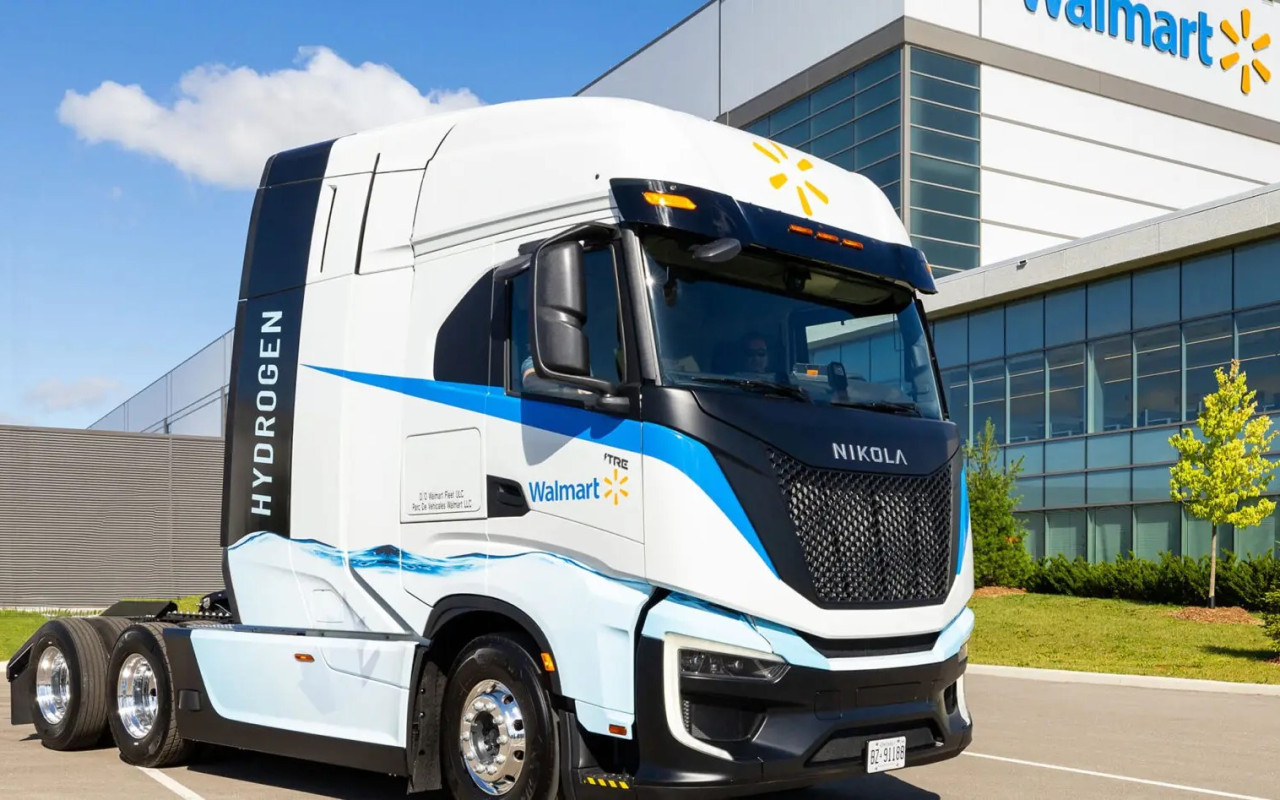ACEN, Marubeni to develop 400 MWh battery in New South Wales, Australia
ACEN Australia announced the company had signed an agreement with Marubeni Asian Power (Singapore) to jointly develop a 200 MW/ 400 MWh battery energy storage system (BESS) in New South Wales, Australia.
The 50-50 partnership has a projected investment amount of A$250 million and a target completion by 2025, the companies said in a release.
Once finished, the two-hour battery will be one of Australia's largest co-located solar and BESS facilities, allowing surplus energy from the grid to be stored when not required and picked up when demand arises. The state of New South Wales has has legislated for 12 GW of renewable energy generation and 2 GW of long-duration energy storage by 2030.
David Pollington, Managing Director of ACEN Australia, said in a statement: "The agreement is another milestone for ACEN Australia's inaugural project, New England Solar, which stands as a major contributor to the National Electricity Market."
ACEN's New England Solar is a 720 MW solar and battery project that is currently under construction with capacity to power 300,000 homes when complete. Sitting across 2,000 hectares of land near Uralla in NSW's New England region. Stage 1 of the New England project (400 MW solar capacity) began generating power in 2023, while construction of Stage 2 is scheduled to start this year.
ACEN, owned by the Ayala Group of the Philippines, has 4,000 MW of planned capacity spanning the Philippines, Vietnam, Indonesia, India, and Australia. Renewables constitute 98 percent of the company's energy generation pipeline.





















